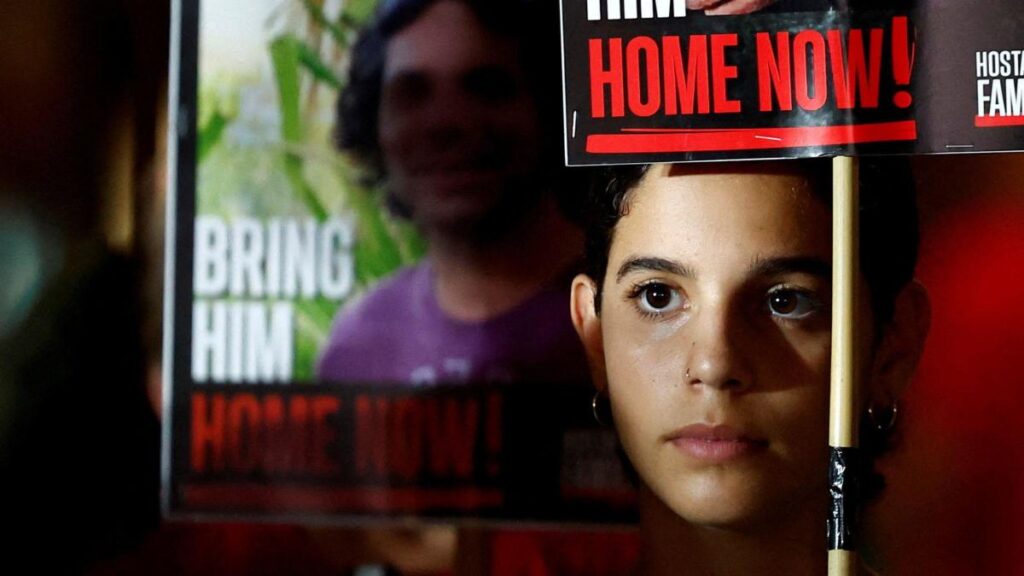At the recent Plaid Cymru party conference, a controversial motion calling for a boycott of Israel was met with swift criticism from the South Wales Jewish Representative Council (SWJRC). The SWJRC expressed profound disappointment, particularly because the vote fell on Yom Kippur, the holiest day in the Jewish calendar, underscoring a moment of significant religious importance. Laurence Kahn, who chairs the SWJRC, condemned Plaid Cymru for what he saw as a dangerous move that indirectly justified the violent attacks by Hamas on October 7, 2022, which resulted in the deaths of 1,200 individuals. The timing of the vote on Yom Kippur further fueled feelings of insensitivity and negligence toward the Jewish community’s sentiments.
During the conference, Plaid Cymru reaffirmed its condemnation of the Hamas terror attacks on October 7, where civilians were deliberately targeted, alongside the abduction of 251 hostages, of which 97 remain missing. There was also recognition of the significant retaliatory measures taken by Israel, which led to the deaths of approximately 42,000 individuals in Gaza as reported by authorities there. The party characterized Israel as an “apartheid state”, laying accusations of ethnic cleansing and war crimes, which raised the stakes of the discourse surrounding the Israeli-Palestinian conflict. The discussion was further illuminated by the presence of Husam Zomlot, the Palestinian ambassador to the UK, who appealed to Wales to advocate for pressure on the UK government regarding the situation in Gaza.
The SWJRC’s statement regarding Plaid Cymru’s resolution criticized the party for equating the violent actions of Hamas with the response of the Israeli government. The council underscored the necessity to differentiate between the targeted acts of terror committed by Hamas and the subsequent Israeli military actions, framing the attacks of October 7 as potentially the gravest violence inflicted upon the Jewish people since the Holocaust. By contrasting these two accounts, the SWJRC argued that Plaid Cymru’s stance could further alienate Jewish communities and detract from genuine dialogues aimed at achieving peace.
In its defense, a Plaid Cymru spokesperson emphasized the party’s long-standing commitment to peace and humanitarian principles. The spokesperson reiterated that while they acknowledged the need for criticism regarding Israel’s approaches, they also deemed the Israeli response disproportionate and unjustified, leading to numerous civilian casualties in Gaza. Furthermore, the party maintained its consistent advocacy for the upholding of international law, the urgent need for a ceasefire, hostage releases, and the suspension of arms sales. They painted Plaid as passionately invested in the pursuit of peace for both Israeli and Palestinian people.
The emotional and politically charged nature of the discussions surrounding Israel and Palestine has polarized sentiments both within and outside the political landscape. Critics argue that the motions and positions taken by party members can exacerbate existing tensions and foster divisions rather than collaboration. Others assert that the call for recognition of Palestinian rights and criticism of Israeli policy is crucial for advancing social justice and fostering a balanced dialogue within Welsh and broader UK politics. The SWJRC’s discontent speaks to deeper societal wounds regarding perceptions of antisemitism, the role of political movements, and the relentless quest for peace in the turbulent region.
The debate encapsulated at the Plaid Cymru conference reflects broader issues surrounding activism, governance, and the complexities inherent in international conflict. This incident offers a lens through which to examine how political parties navigate contemporary social issues while attempting to remain sensitive to diverse community sentiments. With a significant portion of UK society grappling with opinions on the Israeli-Palestinian conflict, the responses to Plaid Cymru’s actions could serve as reflection points for promoting dialogues that acknowledge the multifaceted narratives of a painful history, urging stakeholders to pursue reconciliation and peace that respect the dignity and rights of all involved.

